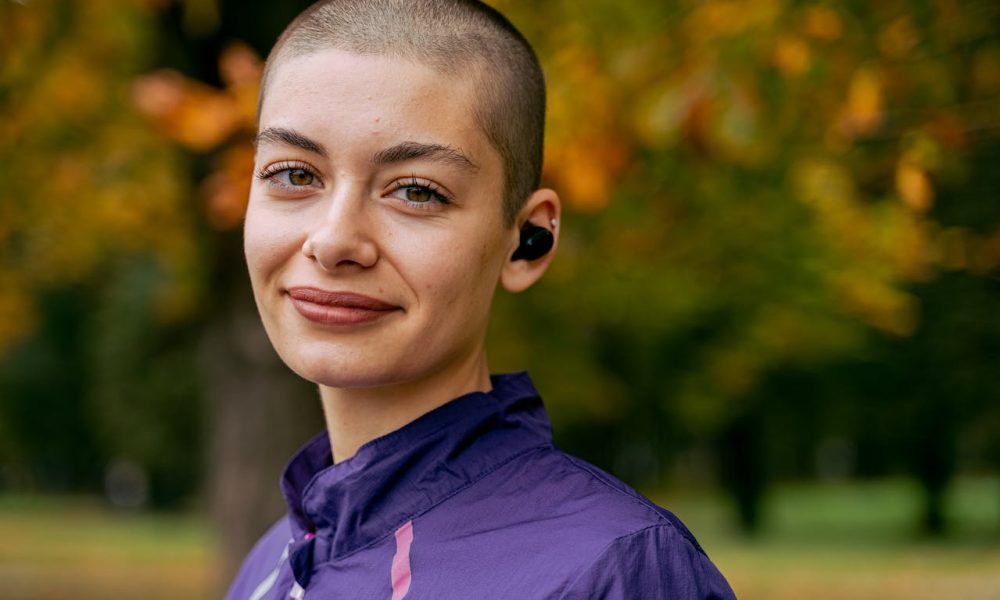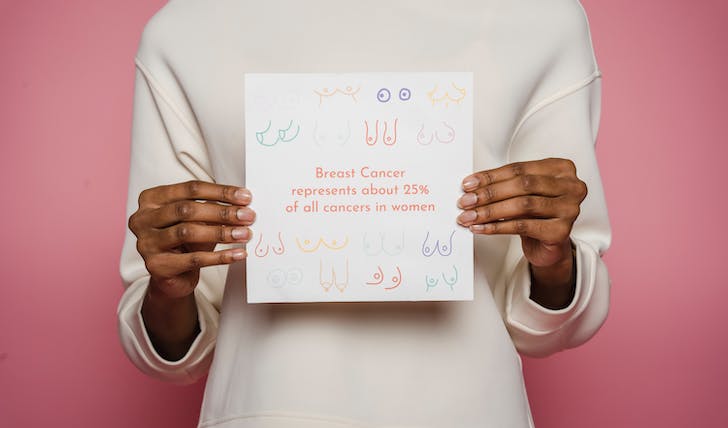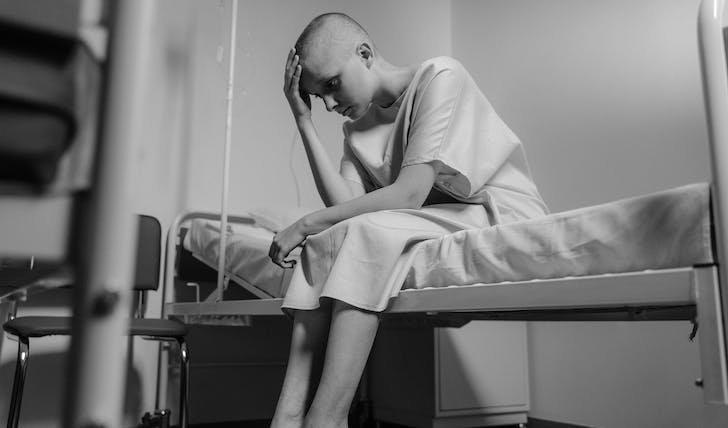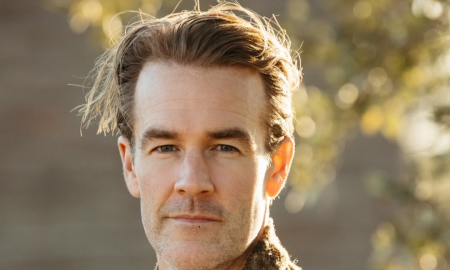
Tackling Cancer Care Disparities for African Americans

In the journey of combating cancer, one of the most glaring yet often overlooked issues is the significant disparity in cancer care and outcomes among African Americans. Despite advancements in medical science, the reality remains stark: When it comes to cancer, not everyone is on an equal playing field.
What Do Stats Say About Cancer Disparities in the U.S.?
The impact of cancer on people of color is disproportionately severe. Key statistics paint a troubling picture:
- African-American men have a 2 to 4 times higher mortality rate from prostate cancer compared to other groups.
- African-American women are 40% more likely to die from breast cancer than their white counterparts.

Ivan / Pexels / According to reports, African-American women are 40% more likely to die from breast cancer.
So, these figures are more than numbers. They are a reflection of systemic issues that demand immediate attention.
The Root Causes of Cancer Disparities
The cancer care gap for African Americans is not a result of a single issue but a complex interplay of factors such as:
- Socioeconomic Challenges: Limited access to health insurance and healthcare facilities disproportionately affects African-American communities.
- Medical Bias and Mistrust: Historical injustices in healthcare have led to deep-seated mistrust among many African Americans, while unconscious biases among healthcare providers can lead to disparities in treatment and care.
Across the country, concerted efforts are underway to address these disparities, including the following:
- Community Outreach Programs: These aim to educate and facilitate access to cancer screenings and early detection methods.
- Policy Advocacy: Advocates are pushing for policies that ensure equitable access to healthcare and cancer treatments for African Americans.
- Inclusive Research Initiatives: Increasing the representation of African Americans in clinical trials to ensure treatments are effective for all.

Klaus / Pexels / African Americans are often underrepresented in cancer research. This leads to a lack of data and potentially less effective treatments for this group.
So, early detection is a key weapon in the fight against cancer. Efforts to improve this include:
- Community-based screening programs.
- Education campaigns emphasize the importance of regular check-ups and screenings.
Advancing Treatment: Equity in Modern Cancer Care
Ensuring that African Americans have access to the latest cancer treatments is vital. This includes personalized medicine approaches considering genetic and environmental factors. Plus, enhanced access to cutting-edge therapies and clinical trials.
Advocacy in Action: Voices for Equity
Advocates and community leaders are essential in this battle. They play roles in:
- Raising awareness about cancer disparities.
- Lobbying for systemic changes in healthcare policies.

Tima / Pexels / By raising voices and educating African Americans, you can play your part in addressing cancer disparities in the U.S.
Empowering African-American patients and their families is crucial. This involves:
- Providing resources and education on navigating the healthcare system.
- Offering support through patient navigator programs and community support groups.
Parting Thoughts
The fight against cancer in African-American communities is a collective effort. It calls for the unity of healthcare professionals, researchers, policymakers, and the community. Together, a future where cancer care is equitable and accessible to all is not just a possibility but a reality we must strive to achieve.
So, this united front is not just fighting a disease–it is championing the cause of justice and equality in healthcare.
More in Health
-
`
The Surprising Lives of 10 A-List Celebrities Before Fame
Fame changes everything, or so they say. But not everyone flips the switch once the cameras show up. Some stay grounded,...
June 17, 2025 -
`
Trump’s Surgeon General Pick Dr. Casey Means Praises ‘Illegal’ Psychedelic Therapy
Psychedelic therapy just landed at the center of the national health debate, thanks to Donald Trump’s latest pick for surgeon general....
June 3, 2025 -
`
5 U.S. Family Vacation Spots You Should Book ASAP
If you are looking for the best family vacation spots in 2025, skip the guesswork. These five places deliver the fun,...
May 27, 2025 -
`
These Stars are ‘Banned’ From the 2025 Met Gala
The Met Gala might be fashion’s Super Bowl, but not every celebrity wants to play. While millions obsess over who wore...
May 20, 2025 -
`
5 Archaic Home Decor Trends That Should Never Come Back
Home decor trends come and go faster than a TikTok challenge. One minute you are painting your walls grey, the next...
May 13, 2025 -
`
5 Reasons Why Everyone Is So Obsessed With Gut Health
Gut health is not just another wellness trend anymore. It is front and center for a reason. From TikTok tips to...
May 6, 2025 -
`
Mother’s Day 2025: Top 6 Family-Friendly Activities to Try This Year!
Mother’s Day activities shouldn’t be stressful or boring. This year, think fun, simple, and memory-making. Whether you are celebrating mom, grandma,...
April 29, 2025 -
`
10 Once-Famous Celebs Who Live Totally Normal Lives Now
Some celebs decide that stardom just isn’t for them. While they once walked red carpets and hit magazine covers, they eventually...
April 21, 2025 -
`
Top 5 Expert Tips for Designing a Home That Lasts a Lifetime
A good home is not just about curb appeal or trendy features. It is about smart choices that make life easier...
April 15, 2025















You must be logged in to post a comment Login